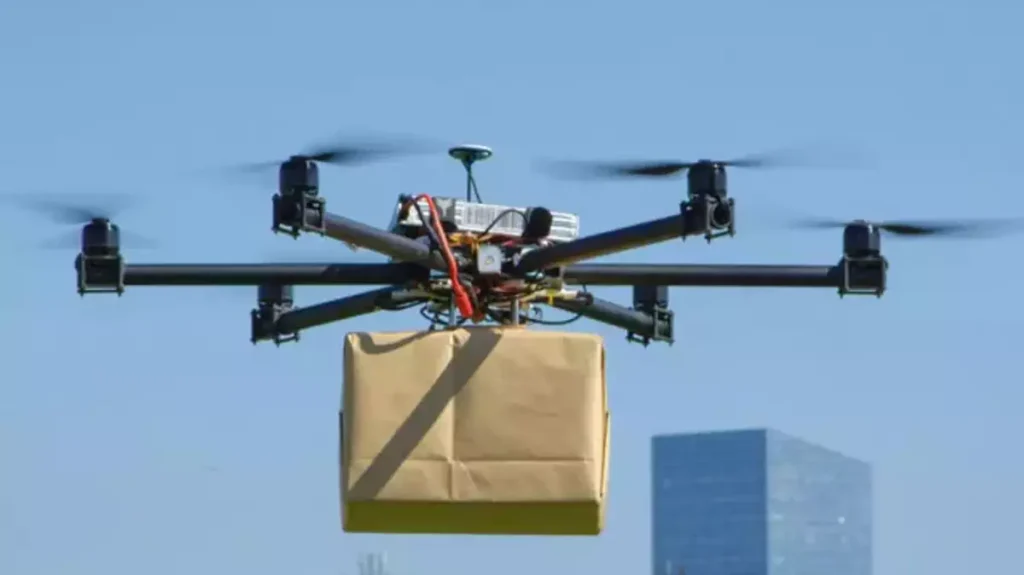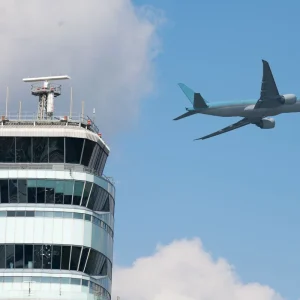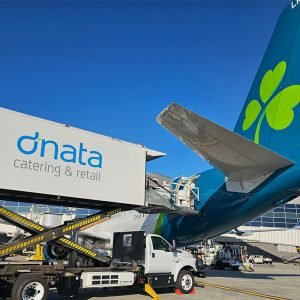Dubai is taking a major leap into the future with its drone delivery trials. The city, known for its technological advancements and futuristic vision, is now exploring the use of drones for commercial deliveries. If successful, this could change the way packages are delivered, making it faster, more efficient, and environmentally friendly.
Why Drones for Delivery?
With the rapid rise of e-commerce and online shopping, the demand for quick and reliable delivery services has surged. Traditional delivery methods often face challenges like traffic congestion and fuel emissions. Drones offer a promising solution. They can bypass traffic, reduce carbon emissions, and deliver packages to customers in record time.
Dubai, being a global hub for technology and innovation, is the perfect testing ground for such initiatives. The city’s strong infrastructure and supportive government policies make it ideal for experimenting with drone technology. Additionally, Dubai’s leadership is actively encouraging smart city initiatives, aiming to create a seamless, technology-driven urban experience.

How the Trials Work
The trials involve using unmanned aerial vehicles (UAVs) to transport parcels from distribution centers to designated delivery zones. These drones are equipped with GPS tracking, obstacle detection systems, and cameras to ensure smooth navigation. They are designed to carry lightweight packages, typically up to a few kilograms.
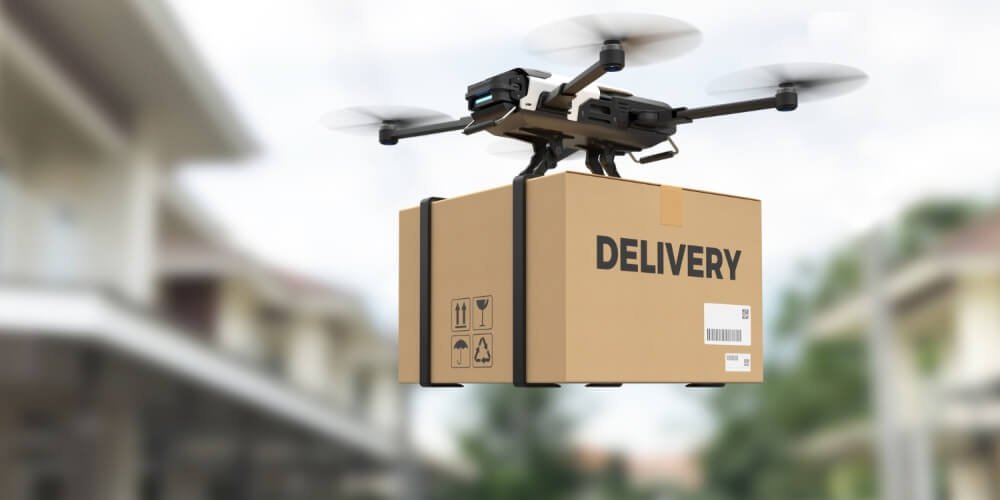
During the testing phase, several scenarios are being assessed, including:

- Urban Deliveries: Transporting packages across busy cityscapes without human intervention.
- Last-Mile Delivery: Covering the final leg of the delivery journey, from a local hub to the customer’s doorstep.
- Emergency Supplies: Delivering medical supplies or essential items in remote or hard-to-reach areas.
- Contactless Delivery: Enhancing safety by reducing human interaction, which proved invaluable during the COVID-19 pandemic.
Key Players in the Initiative
Dubai’s government has partnered with leading logistics companies and tech firms to conduct these trials. Some key participants include:
- Dubai Future Foundation: Facilitating innovation projects that aim to position Dubai as a leader in futuristic technologies.
- Dubai Civil Aviation Authority (DCAA): Overseeing the regulatory framework to ensure safe and compliant drone operations.
- Local and Global Logistics Providers: Companies like DHL, Aramex, and others are working closely with drone manufacturers to bring this concept to life.
- Tech Startups: Several innovative startups specializing in drone technology are contributing to the research and development phase.
Safety and Regulations
One of the biggest priorities during the trials is ensuring safety. Dubai has implemented strict regulations and guidelines for drone operations. The DCAA monitors every aspect of the testing process to prevent accidents and ensure compliance.
Key safety measures include:
- Geo-Fencing: Restricting drones from entering no-fly zones like airports or military bases.
- Collision Avoidance Systems: Using sensors and AI algorithms to detect and avoid obstacles.
- Remote Monitoring: Real-time tracking and control to ensure smooth operations.
- Emergency Landing Protocols: Drones are equipped with automated systems to land safely in case of technical issues.
Environmental and Economic Benefits
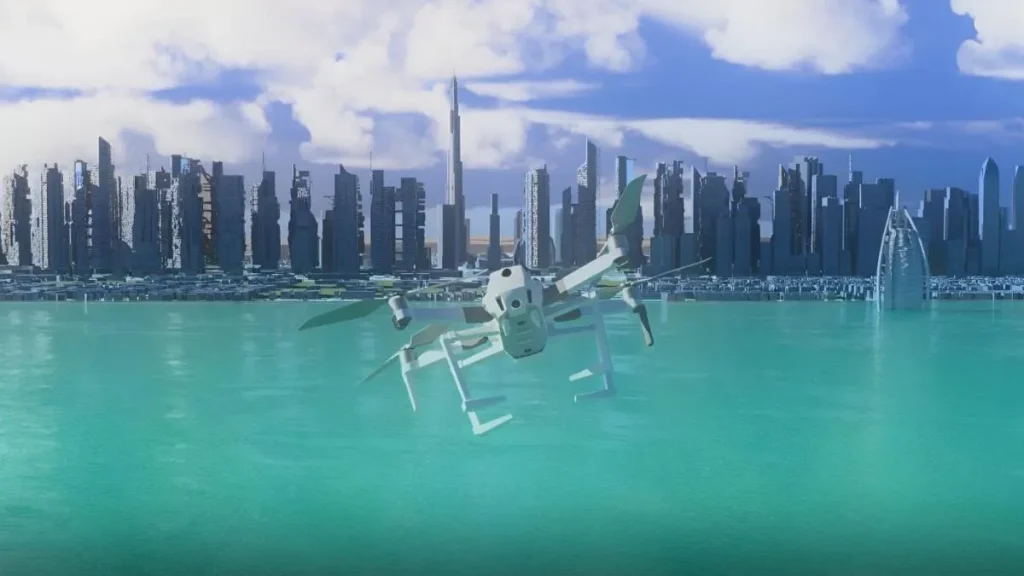
Switching to drone deliveries could significantly reduce carbon emissions. Drones are battery-powered and produce minimal emissions compared to traditional delivery vehicles. Additionally, drones can optimize delivery routes, further lowering energy consumption.
Economically, this initiative can reduce operational costs for logistics companies. Faster deliveries also mean improved customer satisfaction, which could drive increased sales and brand loyalty. Companies may also benefit from lower fuel costs and reduced reliance on traditional delivery vehicles.
Furthermore, drone technology can create new job opportunities in the field of UAV manufacturing, maintenance, and monitoring. The government has expressed interest in fostering a skilled workforce to support the growing drone industry.
Challenges to Overcome
While drone delivery offers many benefits, there are challenges to address. These include:
- Weather Conditions: Strong winds, rain, or extreme heat could affect drone performance.
- Payload Limitations: Drones are limited in the weight and size of packages they can carry.
- Public Acceptance: Gaining the trust and confidence of the public in drone technology is essential.
- Infrastructure Needs: Developing landing pads, charging stations, and drone management systems will be necessary.
- Noise Pollution: Reducing noise from drone propellers in residential areas is a consideration.
Global Perspective
Dubai is not the only city exploring drone delivery. Countries like the United States, China, and Australia have also begun trials, primarily in rural or suburban areas. However, Dubai’s initiative is unique due to its focus on urban deliveries within a dense city environment.
If successful, Dubai’s model could serve as a benchmark for other cities worldwide. The insights gained from these trials could accelerate the global adoption of drone technology for commercial deliveries.
What’s Next?
If the trials prove successful, Dubai plans to expand drone delivery services citywide. The long-term goal is to integrate drones into the existing logistics network, reducing delivery times and enhancing the overall customer experience.
Future plans may also involve specialized drones designed for larger cargo loads or medical emergencies. Drone corridors or dedicated airspaces for UAVs could become a reality, ensuring efficient and safe operations.
Dubai’s vision for the future is clear: a city where drones zip through the skies, delivering everything from groceries to medical supplies. As the trials progress, the world will be watching to see how Dubai continues to push the boundaries of technological innovation.
Also read: Abu Dhabi’s Big Bet on Quantum Tech: How It Could Change Everything

